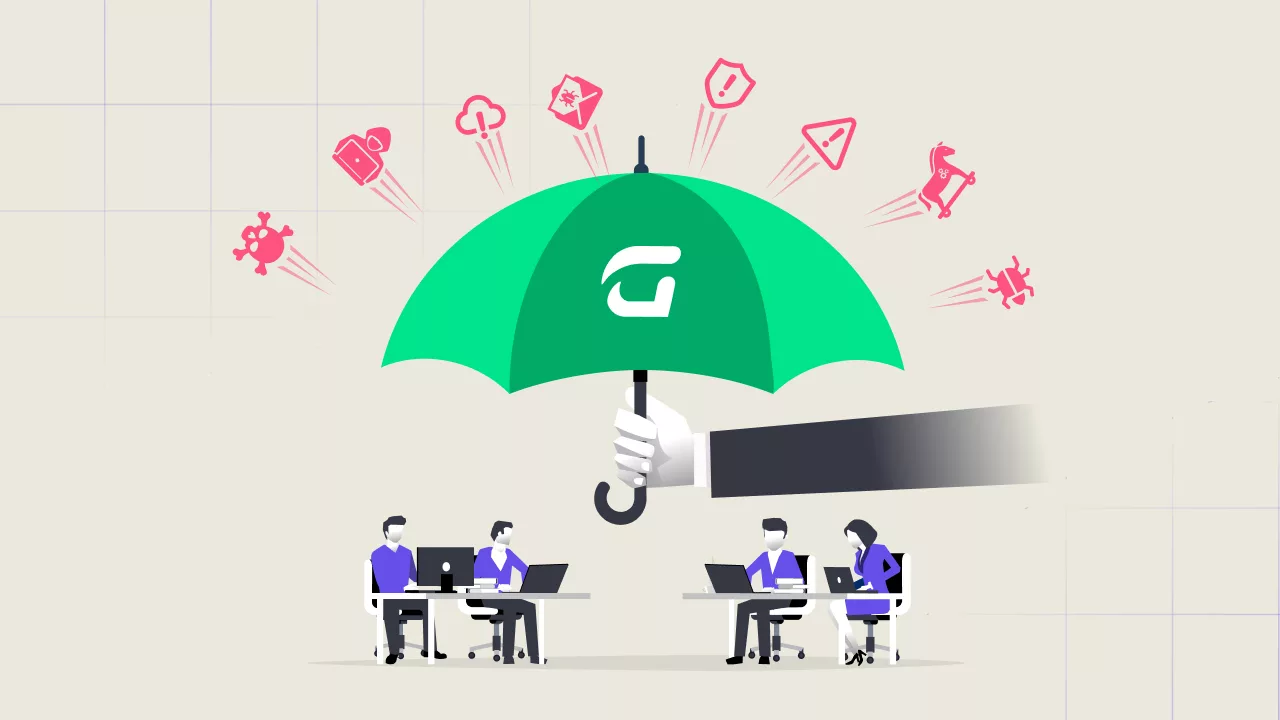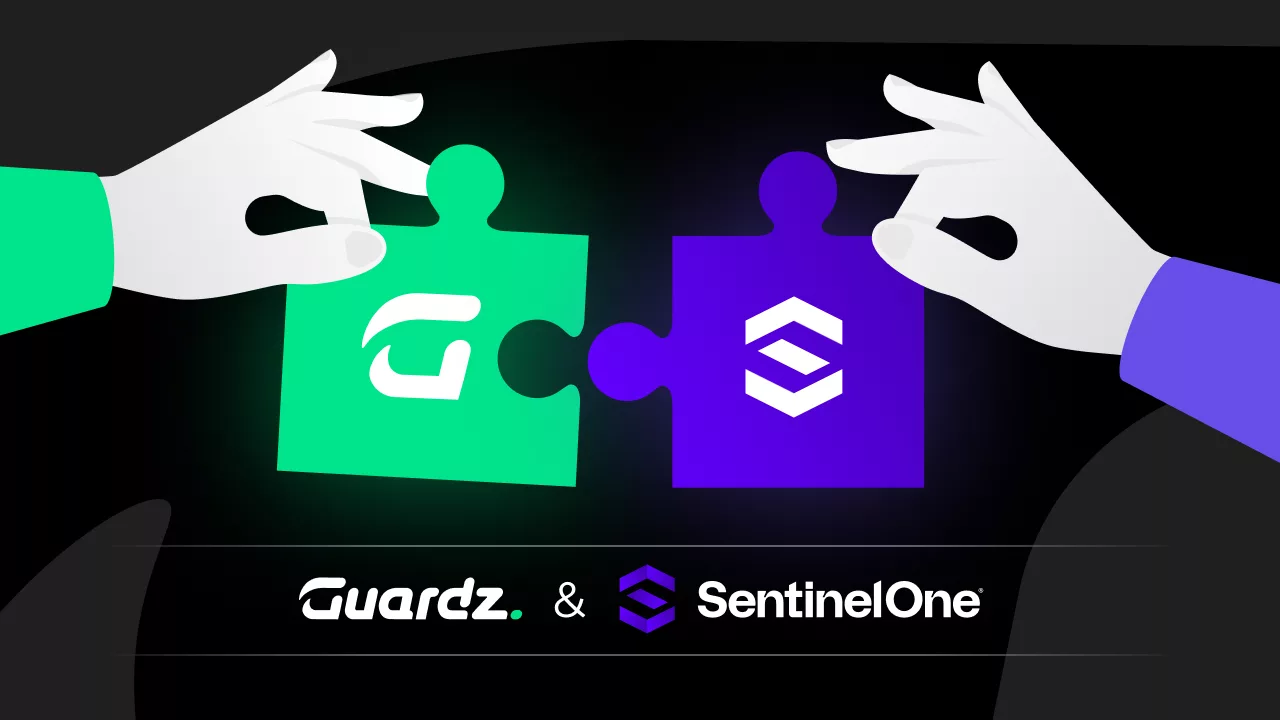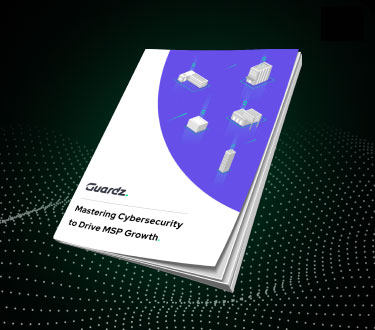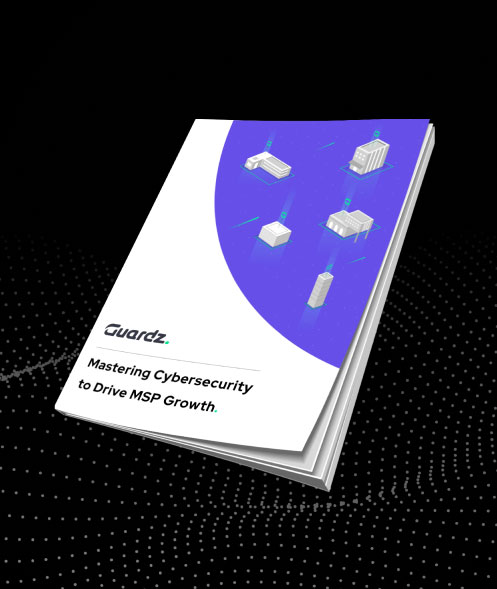In the current digital landscape, approximately 89% of businesses believe they need cyber insurance, yet paradoxically, more than half (56%) fail to buy it. Some businesses may mistakenly assume that their general liability insurance already covers them or that the cost of cyber insurance is cost-prohibitive. Others believe that their anti-virus solution is sufficient and underestimate that their business is vulnerable in the evolving landscape of cybersecurity threats. However, given that 73% of businesses have experienced a data breach, and the global average cost of a data breach now reaches $4.45 million, cyber insurance today is crucial for businesses of all types and sizes.
What is Cyber Insurance?
Cyber insurance is a policy that protects businesses from various types of incidents, including data breaches, data loss, liability, and evolving cyberattacks. Although many businesses have general liability insurance, this insurance only covers damage and injury to customers from your business’s products or services and excludes any damage from cyber-related incidents.
Having this insurance is also valuable because not only does it help with the financial aspect of cyber-related incidents, it also helps to:
- Recover lost data
- Notify the parties involved
- Restore identities in the event of account compromise
- Investigate the source of the breach and implement a recovery and incident response plan
- Navigate the legal complexities of a lawsuit
Cyber insurance functions as a safety net, ensuring the continuity of your business’s operations and reputation in the event of a devastating cyberattack.
Looking to boost your MSP revenue? Guardz got your back!
10 of the Most Common Cyber Threats to Your Business
It’s important for businesses to understand the wide variety of cyber threats they could be susceptible to and invest in cyber insurance that protects them against those threats.
Some of the most common threats that businesses face today include:
- Phishing attacks. Malicious actors attempt to steal personal, confidential, and sensitive data from individuals and businesses.
- Data breaches. Compromised or stolen data costs the average business millions, damaging their reputation and contributing to a loss in customer trust.
- Ransomware. A type of malware that demands payment to unencrypt a victim’s files or data. Ransomware payments last year reached an average of $1.5 million for each attack.
- Spoofing. Malicious actors impersonate trusted brands and attempt to steal data from victims via attack vectors such as websites or emails.
- Social engineering. Malicious actors pretend to be trusted businesses in order to manipulate victims into divulging confidential and personal information.
- Malware. Malicious software is designed to damage a business’ computer network or system, such as worms, trojans, or viruses.
- Dark web threats. Confidential and sensitive data are exposed, and different tools for malicious actors (e.g., phishing kits, malware, etc) are sold on the dark web.
- Malicious websites. Websites are designed with the intent to steal data or exploit vulnerabilities in a business system or network.
- Spear phishing. These are phishing attacks aimed at a specific individual within the company, usually a high-level manager or executive.
- Spam. Email and SMS messages can contain malware, malicious links, or other scams.
What Cyber Insurance Covers and How Much It Costs
Typical costs of cyber insurance vary, depending on the level of insurance your business purchases. However, there are many cost-effective plans available in the marketplace today.
Depending on the level of cyber insurance your business purchases, it can include coverage for:
- Cybersecurity attacks. Phishing, ransomware, and network security failure due to attacks such as malware or DDoS, all of which result in a loss of business continuity and revenue.
- Lawsuits. If a third party or individual decides to pursue legal action against your business, claiming it is responsible for exposing sensitive or confidential information.
- Data loss. Whether unintentional or malicious, data loss can lead to an unintended data breach and the exposure of sensitive, secret, and confidential data.
- Data breaches. When data is lost or stolen, the parties concerned need to be notified in addition to mitigating the damage from the breach, which can include legal and financial fees as well as reputational damage.
- Fraud and unauthorized fund transfers. Cyber insurance assists in recovering lost funds and dealing with the aftermath of successful fraud scams.
How Guardz Helps You Stay Protected
Many businesses fail to qualify for cyber insurance due to inadequate protections against cybersecurity incidents. At Guardz, we empower MSPs and IT Professionals with the tools to holistically secure and insure businesses against ever-evolving threats such as phishing, ransomware attacks, data loss, and user risks by leveraging AI and a multilayered approach.
Our streamlined solution is an integrated cyber security and insurance solution for business owners and MSPs that monitors your digital landscape for threats against multiple attack vectors, so you’ll no longer have to worry about qualifying for cyber insurance. With Guardz, you gain access to an advanced solution while benefiting from access to high-end cyber technology that is both user-friendly and cost-effective.
- Share On:












